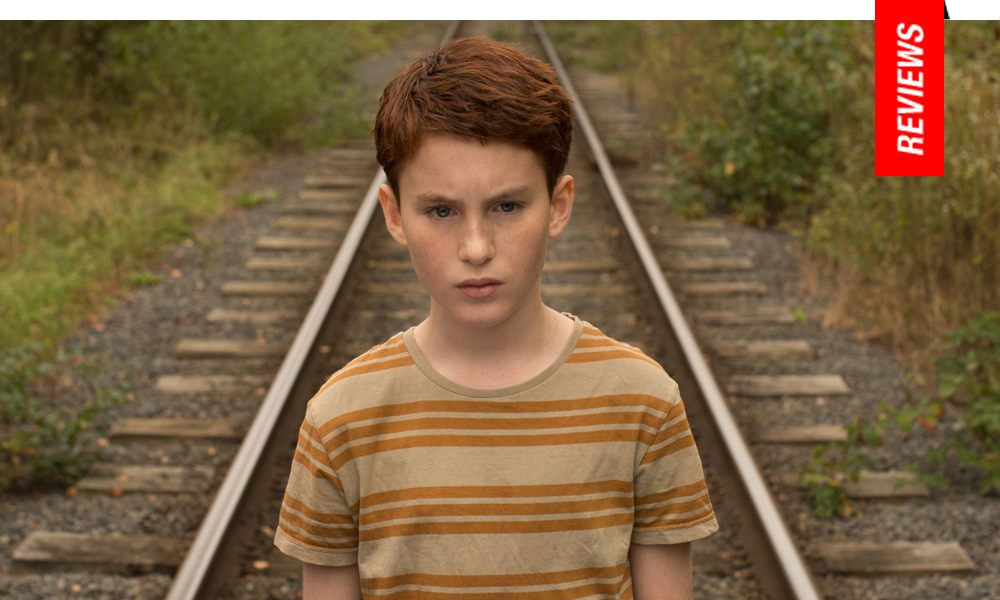Jewel of Denial: Fontaine Focuses on Class and Queerness in Coming-Out Portrait
Skipping freely between past and present, young Marvin Jewel (Jules Porier as a teen and Finnegan Oldfield as an adult) struggles to reconcile demons from his past by channeling them into a stage play about his life. Having grown up in Northern France in the armpit of ignorance, young Marvin is bullied and abused by boys at school and treated to a heavy-handed dose of homophobic rhetoric at home where working class parents Dany and Odile (Gregory Gadebois, Catherine Salee) sometimes can’t control their emotions or their children. Escaping to Paris as a young man, a chance encounter with Roland (Charles Berling) opens doors for his opportunities as an artist, while a friendship with Abel Pinto (Vincent Macaigne) provides a positive example of the intellectual and established man he’d like to be.
Fontaine eventually reveals herself to be a rather odd choice for this material, co-writing with Pierre Trividic a somewhat generic coming-out-tale which is predicated perversely on its subject’s visually intriguing one-man show (imagine, for instance, if La La Land had allowed Emma Stone’s similarly conceived bildungsroman to become the dramatic executive authority).
For as much as Marvin does ‘reinvent’ himself, his fantastic fascination with nostalgia and continual recuperation of the economic troubles and trenchant ignorance which so virulently defined his youth instead functions as stagnation. As the titular Marvin, the eternally wearied looking Finnegan Oldfield (Nocturama; Les Cowboys) does manage to be a compelling centerpiece, at least as compared to the endless flashbacks of his younger self growing up alongside family members who often seem like cartoonish buffoons. Fontaine and Trividic do a better job at relating class rather than queer conflict, dialing down the homophobia to instead showcase communities withering in ignorance despite angelic savior characters (a warm and enjoyable Catherine Mouchet). Later, Fontaine also recycles Vincent Macaigne from The Innocents, here playing the brotherly/paternal figure Marvin requires to blossom.
And yet, Fontaine is unable to conjure empathy for the Jewel family especially because Marvin’s own contempt often comes across as apathy. A romance with an obnoxiously wealthy older man played by Charles Berling isn’t given much room to flower into the catalyst it becomes, despite giving us an introduction to Huppert (to date, these two have starred opposite one another in five films), who plays an affable version of herself. She takes Marvin under her infamous wing to star as his mother in his stage play, referring to him as one of her cats. “All you need to do is meow,” she jokes (which deserves to be formatted into a montage including those felines from Elle and Things to Come). But as novel an energy as this allows, it tends to eclipse Marvin, who ultimately seems to become as disinterested in his own story as we are.
While coming out may be as anguished in Northern France as anywhere else, Marvin was still able to become a Parisian art-house sensation thanks to his pain and suffering, like the queer version of Dreiser’s Sister Carrie. And maybe this is best appreciated for what it is—a Eurocentric, warts removed version of the ‘it gets better’ mantra. Because for those with access to certain resources or certain people, it usually does.
Reviewed on July 17th at the 2018 Outfest Film Festival. 115 Mins.
★★½/☆☆☆☆☆
